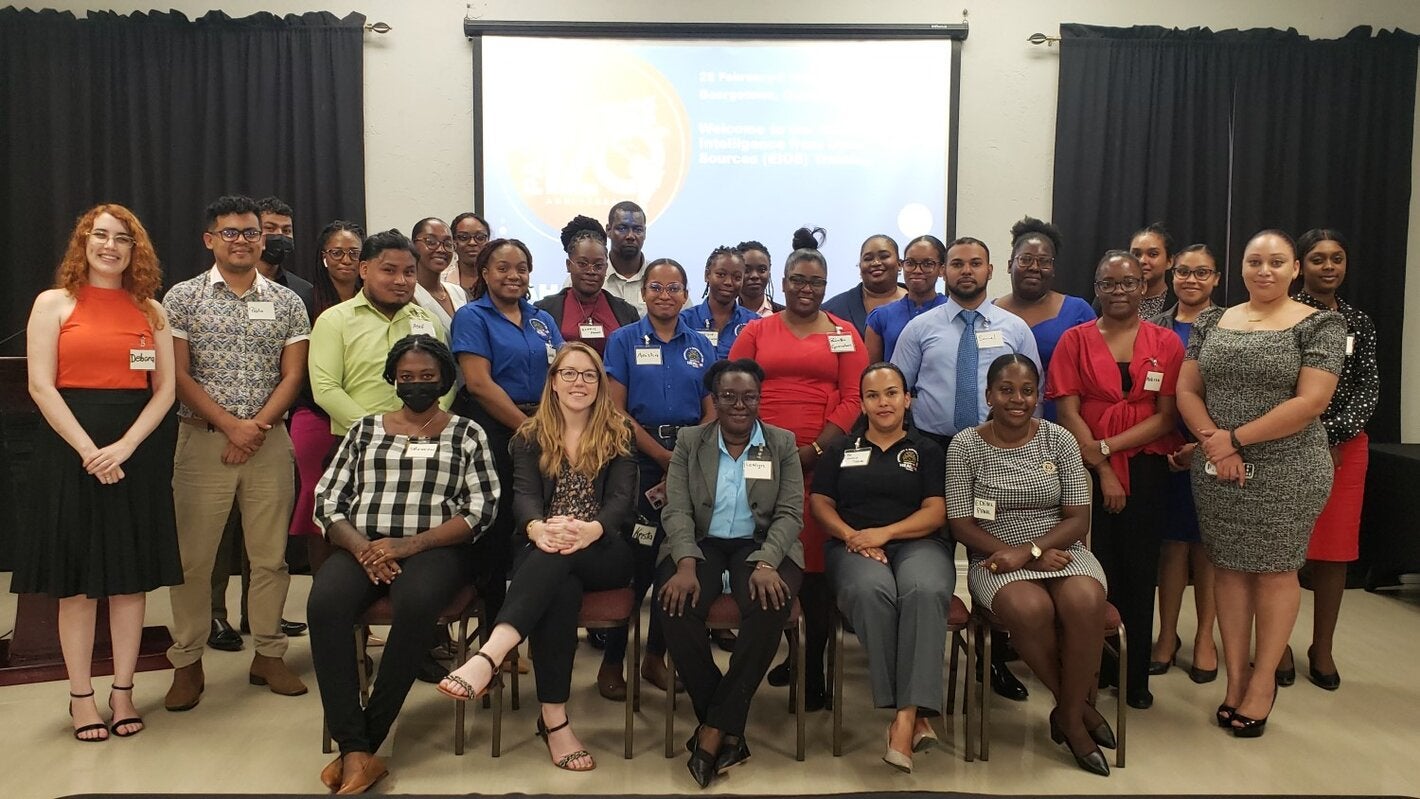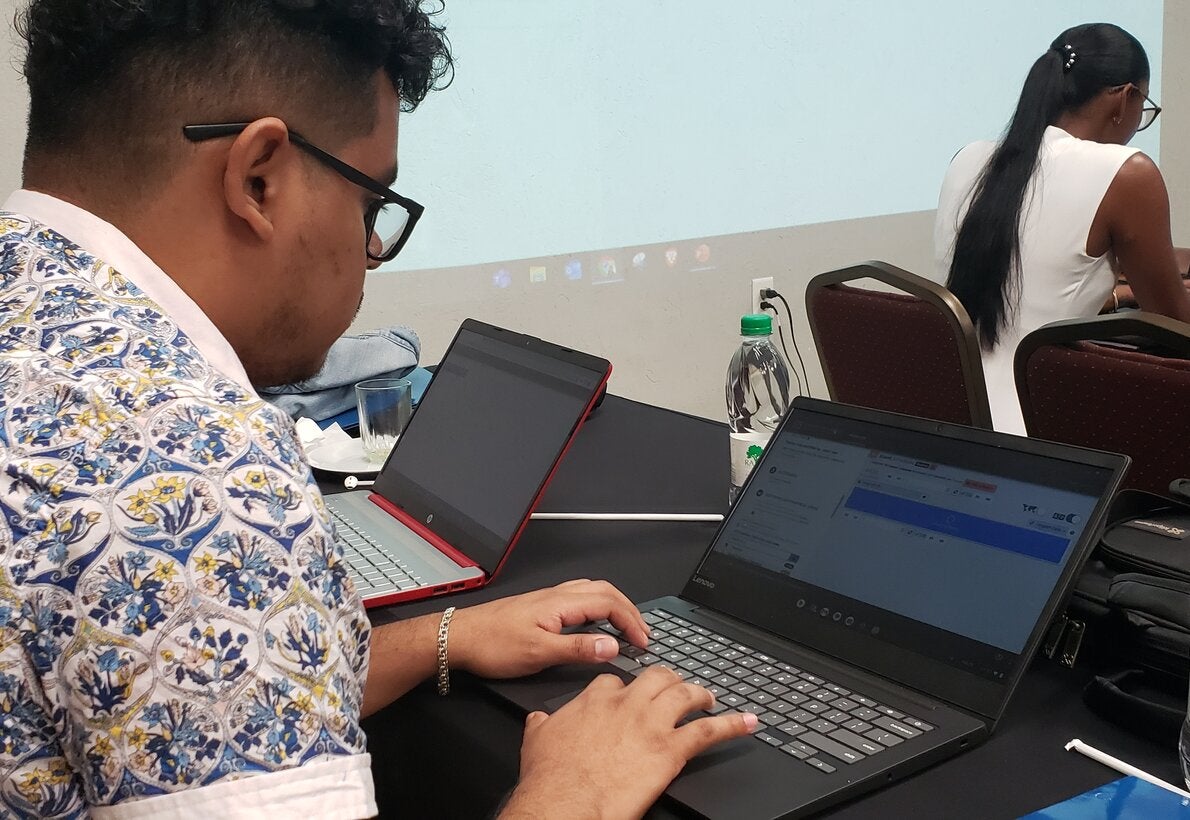
As human and animal movement increase, disease outbreaks and disaster alert at local and regional levels are a growing risk to global health security. Outbreaks have been a concern caused by emerging and re-emerging pathogens, of which about 70% are zoonotic. These pathogens pose potential and real threats to humans and animals alike.
At the heart of early detection is surveillance, with its iterative detection, verification, assessment, and communication cycles forming the public health intelligence (PHI) cycle. The World Health Organization (WHO) actively detects, investigates, monitors, and responds to roughly 350 events annually (the equivalent of about one event per day), of which about 100 occur in the WHO Africa region alone. The earlier such events are detected; whether intentionally created or naturally occurring; the more likely it is that the response will be rapid enough to limit the impact on communities and protect their populations' health, security, and livelihoods.
Therefore, with the support of PAHO/WHO, the Ministry of Health thought it best to be well-equipped by training the staff to use the Epidemic Intelligence Tool to actively detect, investigate and monitor such outbreaks and disaster alerts that may be of threat to Guyana. The Epidemic Intelligence from Open Source (EIOS) combines networks and systems to create a unified all-hazards, One Health approach to early detection, verification, and assessment of public health risks and threats using open-source information.
Over 25 participants from the Ministry of Health Guyana, Civil Defense Commission, Guyana Livestock Development Authority, and FAO were trained and will begin to use the tool in Guyana. PAHO/WHO remains committed to supporting the Ministry of Health to improve surveillance in Guyana.




